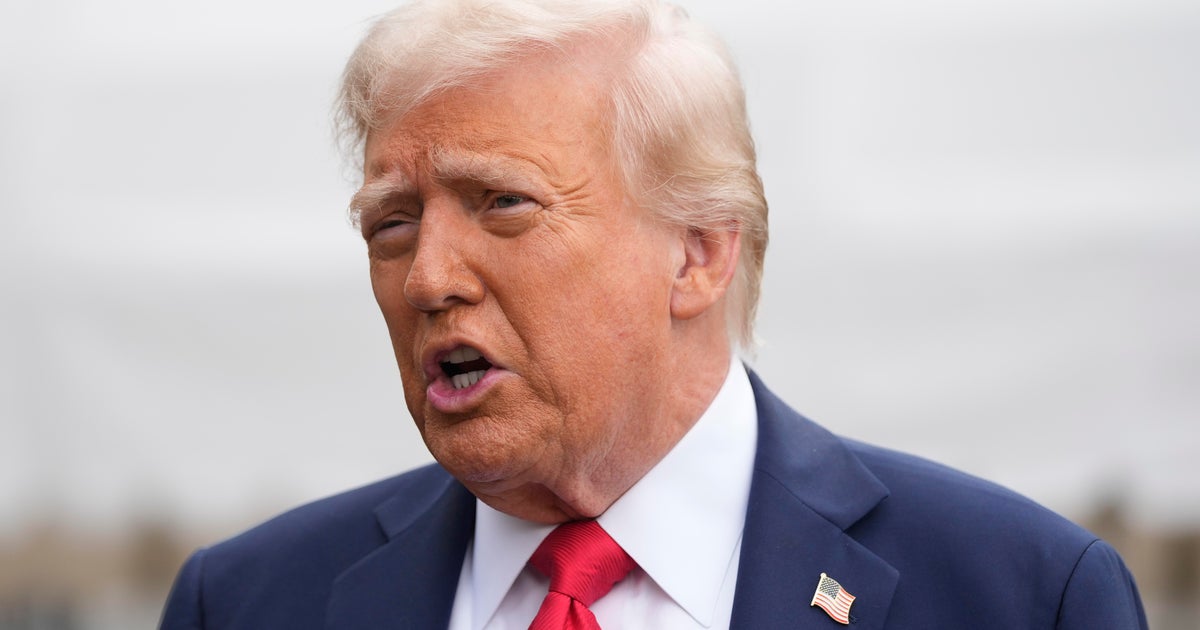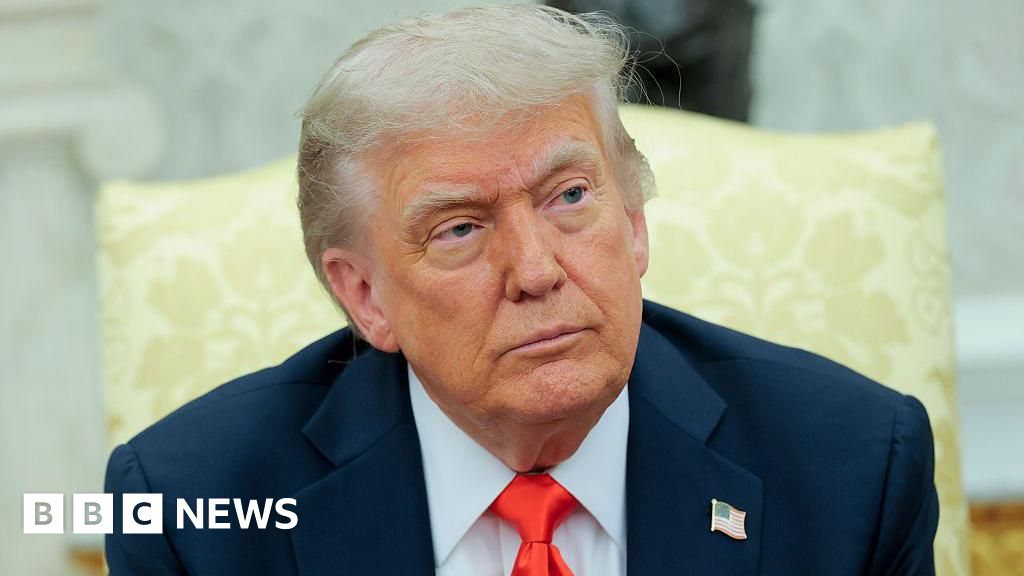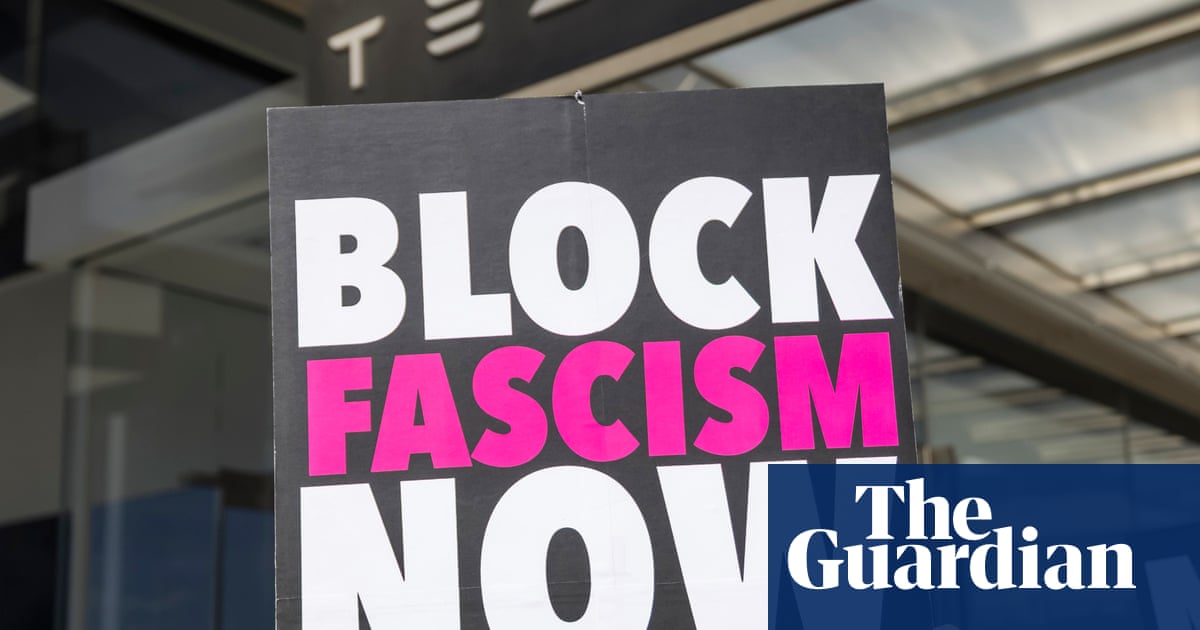President Trump Designates Antifa a Domestic Terrorist Organization
President Donald Trump designated Antifa a domestic terrorist organization by executive order, citing its decentralized, anarchist nature, alleged violence, and calls for government overthrow.
Subscribe to unlock this story
We really don't like cutting you off, but you've reached your monthly limit. At just $5/month, subscriptions are how we keep this project going. Start your free 7-day trial today!
Get StartedHave an account? Sign in
Overview
- President Donald Trump signed an executive order officially designating Antifa as a domestic terrorist organization, marking his second attempt to brand the decentralized, leftist movement as such.
- The designation allows the Justice Department to prosecute supporters, ban members, and seize funding from Antifa, which Trump described as a "sick, dangerous, radical left disaster."
- Trump's decision followed the killing of conservative activist Charlie Kirk, which the President attributed to "radical left wing political violence" as a basis for the order.
- Antifa is characterized as a decentralized movement known for opposing far-right groups, encouraging both lawful protest and confrontational acts, with some activists willing to use violence.
- The administration cited Antifa's alleged militarist, anarchist nature, calls for overthrowing the U.S. Government, and recruitment of young Americans as reasons.
Report issue

Read both sides in 5 minutes each day
Analysis
Center-leaning sources cover President Trump's designation of antifa as a domestic terror organization by providing factual context and legal analysis. They explain what antifa is, its activities, and the significant constitutional challenges to such a designation, attributing strong rhetoric directly to Trump. This approach offers a balanced overview without adopting a specific narrative.
Articles (6)
Center (3)
FAQ
President Trump cited Antifa's militarist, anarchist enterprise actively calling for the overthrow of the U.S. government, use of violence and terrorism, armed standoffs with law enforcement, organized riots, violent assaults on authorities including ICE officers, doxing of political figures, recruitment and radicalization of young Americans, and efforts to conceal identities and funding sources as reasons for the designation.
The executive order directs all relevant federal departments and agencies to investigate, disrupt, and dismantle illegal operations conducted by Antifa and individuals claiming to act on its behalf, including prosecuting those who fund such operations or provide material support, allowing for measures such as banning members and seizing funds.
Antifa is characterized as a decentralized, far-left movement described as a 'militarist, anarchist enterprise' without formal leadership, known for opposing far-right groups and engaging in both lawful protests and confrontational acts, sometimes violent, while employing elaborate means to conceal identities and funding.
The designation followed the killing of conservative activist Charlie Kirk, which President Trump attributed to 'radical left wing political violence' and used as a basis for the executive order, though authorities have not confirmed a direct link between Antifa and the assassination.
Challenges include the fact that Antifa is a loosely organized movement without centralized leadership, making it difficult to define legally; the U.S. lacks statutes granting the president authority to designate domestic groups as terrorist organizations; and some legal experts question the enforceability and impact of the executive order.
History
- This story does not have any previous versions.




